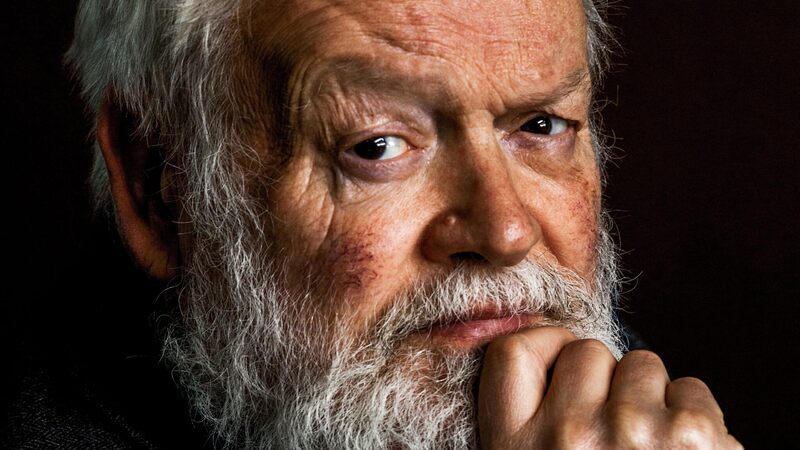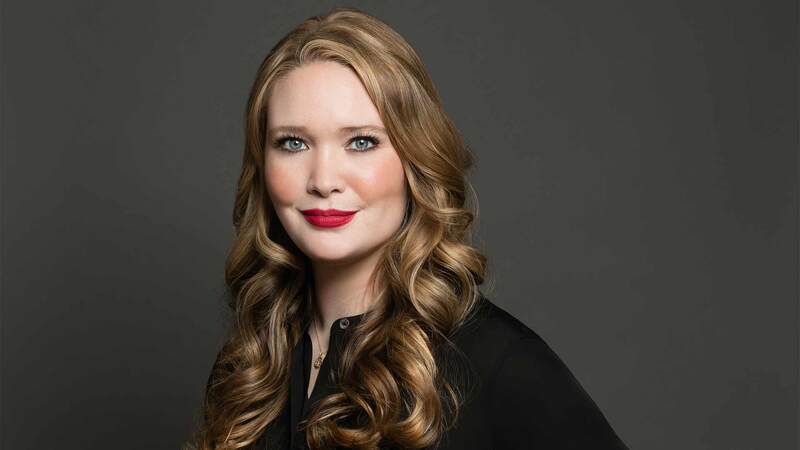You are viewing your 1 free article this month. Login to read more articles.
Atwood sparks backlash over #MeToo concerns
Author Margaret Atwood has drawn criticism for suggesting the #MeToo movement is bypassing the legal system.
In an article for the Canadian Globe and Mail entitled ‘Am I a Bad Feminist', she wrote that “vigilante justice – condemnation without a trial” in the context of alleged sexual assault could be used as “an excuse for new forms of oppression”.
In the opinion piece published on Saturday (13th January) The Handmaid’s Tale author acknowledged that the “#MeToo moment is a symptom of a broken legal system” but that “if the legal system is bypassed because it is seen as ineffectual, what will take its place? Who will be the new power brokers?”
In October 2017, the New York Times exposed decades of alleged sexual misconduct by Hollywood producer Harvey Weinstein, which he denies, provoking an international conversation about the prevalence of sexual assault and harassment. Following the publication of the initial article, millions of women used the hashtag #MeToo to share their experiences, highlighting the scope of the problem many had previously been unaware of.
Atwood detailed how many had criticised her involvement in the case of Steven Galloway, the former chair of the department of creative writing at the University of British Columbia (UBC), accused of “serious allegations” in 2016. She described how “the university went public in national media before there was an inquiry, and even before the accused was allowed to know the details of the accusation.
“But then, after an inquiry by a judge that went on for months, with multiple witnesses and interviews, the judge said there had been no sexual assault, according to a statement released by Mr. Galloway through his lawyer. The employee got fired anyway,” she wrote. Galloway said the judge's only complaint which was substantiated was an affair with a student.
Atwood and a group subsequently signed an open ‘UBC Accountable letter’ questioning the university’s “flawed process”.
Following her intervention, Atwood said social media users accused her of “conducting a War on Women, like the misogynistic, rape-enabling Bad Feminist that I am” but that she believes women “are not angels, incapable of wrongdoing” which is why a legal system is necessary.
Women who see themselves as “Good Feminists” and disagree with her view are feeding into the “very old narrative that holds women to be incapable of fairness or of considered judgment, and they are giving the opponents of women yet another reason to deny them positions of decision-making in the world”, Atwood argued in the opinion piece.
The writer also addressed criticism levelled at her for comparing the Galloway case with the Salem witch trials.
The piece has sparked a strong reaction on social media, with many criticising the author and others responding in support.
Writer Alicia Elliott
@MargaretAtwood "Unsubstantiated" does not mean innocent. It means there was not enough evidence to convict. Main complainant's lawyer said her accusations were NOT about a consentual affair, & by withholding this & saying Galloway was "innocent," you implied she was a liar.
— Alicia Elliott (@WordsandGuitar) January 13, 2018
Author Roxane Gay appeared supportive and tweeted: “Margaret Atwood! What a thing to write something so prescient and timeless and horrifying and brilliant.”
Atwood responded to the social media storm by
Taking a break from being Supreme Being Goddess, omniscient, omnipotent, and responsible for all ills. Sorry I have failed the world so far on gender equality. Maybe stop trying? Will be back later. (Next incarnation maybe.)
— Margaret E. Atwood (@MargaretAtwood) January 14, 2018
In a statement to the Guardian, Atwood cited the Universal Declaration of Human Rights, echoing an earlier tweet in which she defended her view by noting that endorsing basic human rights for everyone was not equivalent to warring against women.
She said the article was meant to highlight the choice we now face, fix the system, bypass it or “burn the system down and replace it with, presumably, another system”.
Atwood was one of the topselling literary writers of 2017 according to The Bookseller’s analysis of Nielsen BookScan sales. The data showed she sold 394,459 books amassing £2.7m. Last year's television adaptation of The Handmaid’s Tale (Vintage), which portrayed a dystopian future that treats women as property of the state, raised the author's profile further. Across all editions it has sold 737,583 copies for £4.89m, with the biggest-selling edition being the 1996 one, with 493,225 copies sold. The TV tie-in sold 114,519 sold since May 2017, all figures according to Nielsen BookScan.
On January 11th, it was revealed that Bloomsbury had acquired a book by the New York Times journalists, Jodi Kantor and Megan Twohey, who broke the Weinstein story.














